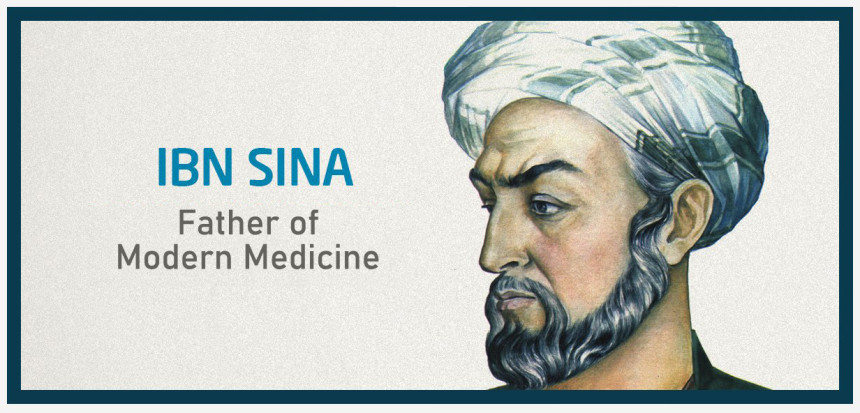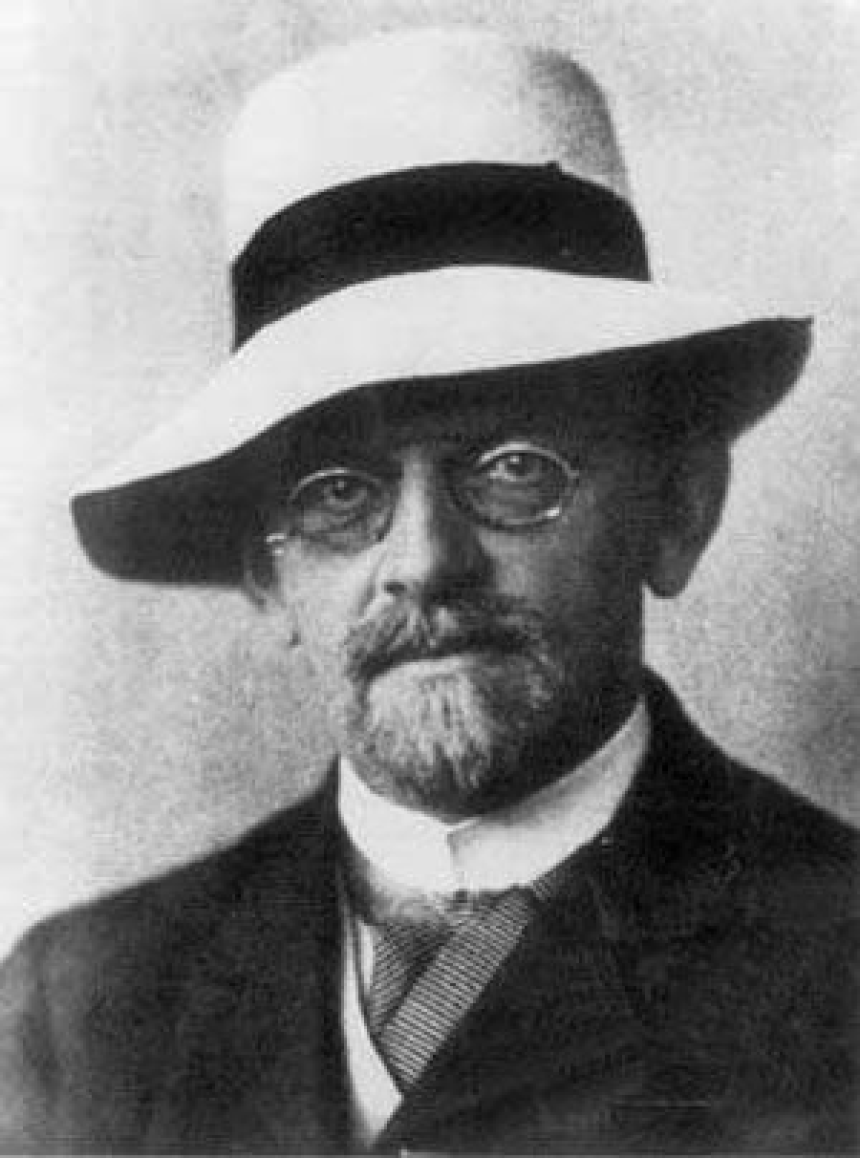
Ibn Sina: The Intellectual Giant of the Islamic Golden Age
Ibn Sina, a prodigy from Afshana Born in 980 CE, left a profound imprint on history with his thirst for knowledge which led him to significantly shape the future of philosophy and medicine.
In the grand narrative of human history, certain figures stand out for their extraordinary contributions to knowledge and culture. One such figure is Ibn Sina, also known as Avicenna. Born in 980 CE in Afshana near the Samanid capital of Bukhara, Ibn Sina was a prodigy who demonstrated a passion for knowledge from a very young age. By the time he was just 10 years old, he had already memorised the entire Quran, an achievement that speaks volumes about his intellectual prowess.
Early Life and Education
Ibn Sina's intellectual journey delved into the sciences, mastering them by the time he was 18. His intellectual prowess was evident early on, and he quickly became a respected figure in the world of academia. His Islamic faith was a guiding force in his life, shaping his worldview and approach to knowledge.
Contributions to Philosophy and Medicine
Ibn Sina's contributions to philosophy and medicine were groundbreaking and have stood the test of time. His works, such as "The Book of Healing" and "The Canon of Medicine," revolutionised these fields and became the cornerstones of medical knowledge.
In philosophy, Ibn Sina's work was deeply influenced by his Islamic faith. He sought to reconcile rational philosophy with Islamic theology, creating a philosophical framework that could accommodate both. His metaphysical ideas, such as the existence of the soul and the afterlife, were groundbreaking and continue to be studied and debated by scholars today.
These contributions to philosophy and medicine have had a lasting impact, shaping these fields for centuries to come. Ibn Sina's works continue to be relevant today, reflecting his enduring influence and the timeless nature of his insights.
The Book of Healing
A vast philosophical and scientific encyclopedia that covers topics ranging from logic and mathematics to metaphysics. This work is considered one of the most comprehensive compilations of knowledge from the era. It showcases Ibn Sina's analytical thought process and his ability to connect different fields of knowledge.
The Canon of Medicine
A medical encyclopedia that served as a standard medical text at many universities. It was a compilation of medical knowledge from both Greek and Islamic sources, combined with Ibn Sina's own observations and experiences. The Canon was so influential that it remained in use as a reference for doctors and medical students as late as 1650. It covered all aspects of medicine, including anatomy, physiology, diagnosis, treatment, and pharmaceuticals.
Beyond Philosophy and Medicine
Ibn Sina was a true polymath, with his intellectual curiosity extending beyond philosophy and medicine. He wrote on various topics, including astronomy, alchemy, geography, geology, psychology, Islamic theology, logic, mathematics, physics, and poetry. His works, written primarily in Arabic but also in Persian, reflect the breadth and depth of his intellectual pursuits.
Legacy and Influence
Ibn Sina's influence extended far beyond the Islamic world. His works were translated into Latin in the 12th century, profoundly impacting medieval and Renaissance philosophers and scholars. His medical Canon formed the basis of medical instruction in European universities until the 17th century.
Conclusion
Ibn Sina passed away in June 1037, but his legacy continues to influence the fields of philosophy and medicine to this day. His life and work serve as a testament to the intellectual vitality of the Islamic Golden Age, and his contributions continue to shape our understanding of the world.
FAQs
What is Ibn Sina known for?
Ibn Sina, also known as Avicenna, is known for his significant contributions to philosophy and medicine. His works, such as "The Book of Healing" and "The Canon of Medicine," were foundational texts in these fields during the medieval period.
What was Ibn Sina's influence on medicine?
Ibn Sina's "The Canon of Medicine" was a medical encyclopedia that served as a standard medical text at many medieval universities. It remained in use as late as 1650.
What were some of Ibn Sina's other interests?
Beyond philosophy and medicine, Ibn Sina wrote on various topics, including astronomy, alchemy, geography, geology, psychology, Islamic theology, logic, mathematics, physics, and poetry.
How did Ibn Sina's faith influence his work?
Ibn Sina was a devout Muslim, and his faith played a significant role in shaping his worldview and approach to knowledge. His Islamic faith is evident in his works, particularly in his contributions to Islamic theology.
What is Ibn Sina's legacy today?
Ibn Sina's legacy continues to influence the fields of philosophy and medicine. His work is a testament to his enduring impact on philosophy and science. In the Islamic world, he is often referred to as "The Preeminent Master."





